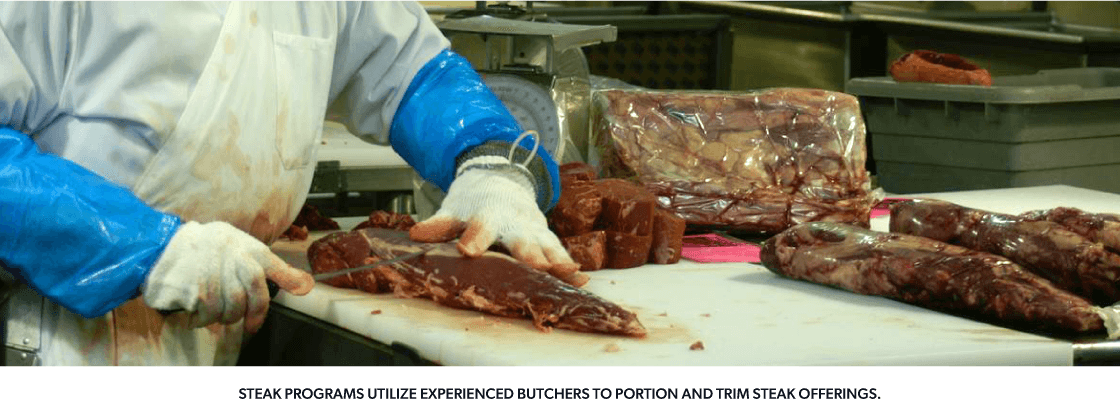The recent hike in minimum wage for employers with 60 or more establishments(nationally) is a significant development in the labor market, especially within the food service sector. While this change aims to enhance the livelihood of workers, it also sets in motion a series of challenges and opportunities for small business owners, particularly in the local restaurant scene. Let’s explore the implications of this wage increase and how small businesses can adapt, leveraging strategic solutions like those offered by our company.

Impact on Small Businesses
For small, locally-owned restaurants, the increase in minimum wage primarily affects the competitive landscape for hiring. Larger chains, now mandated to pay higher wages, become more attractive to potential employees, offering not just better pay but often more comprehensive benefits. This shift can leave small businesses struggling to find and retain quality staff without significantly raising their own wage structures, which can be financially daunting.
Moreover, the wage increase can lead to a broader inflationary effect in the labor market. As employees start expecting higher wages across the board, small businesses might face pressure to comply to avoid high turnover rates, even if they are not legally required to raise their wages. This scenario creates a delicate balancing act for small restaurant owners who must manage increased labor costs while striving to maintain profitability.
Greater Competition for Employees
The heightened competition for employees necessitates innovative strategies for small businesses to attract and retain talent. Beyond wages, factors like workplace culture, job satisfaction, and career advancement opportunities become crucial in differentiating small businesses from their larger counterparts. However, the core issue remains: how can these smaller entities sustainably manage their labor costs?
Potential Solutions
A possible solution could be offering labor-saving products that can significantly alleviate the financial burdens of increased labor costs. Our steak programs, for instance, provide professionally portioned and trimmed meat options that reduce the need for skilled labor in the kitchen, streamline the cooking process, and decrease preparation time. These efficiencies can help local restaurants manage staffing needs more effectively and maintain consistency in their offerings.
Similarly, our range of pre-cooked products—from appetizers to entrees—allows restaurants to offer diverse and high-quality menu items without the extensive labor traditionally required. These solutions not only help in controlling labor expenses but also enable small businesses to focus on enhancing customer experience and operational efficiency.

Adapting to Change
The increase in minimum wage is a call for small businesses to rethink their operational models. By integrating labor-saving solutions, local restaurants can navigate the challenges of rising labor costs. Our products are designed to help these businesses maintain their competitive edge, offering quality and convenience that can lead to greater customer satisfaction and loyalty.
In conclusion, while the wage increase for large employers may pose challenges for small businesses, it also opens avenues for strategic adaptation. Through innovative solutions and partnerships, local restaurants can overcome these hurdles, turning potential obstacles into opportunities for growth and success. Our company is committed to supporting this transition, providing products and services that cater to the evolving needs of the industry.